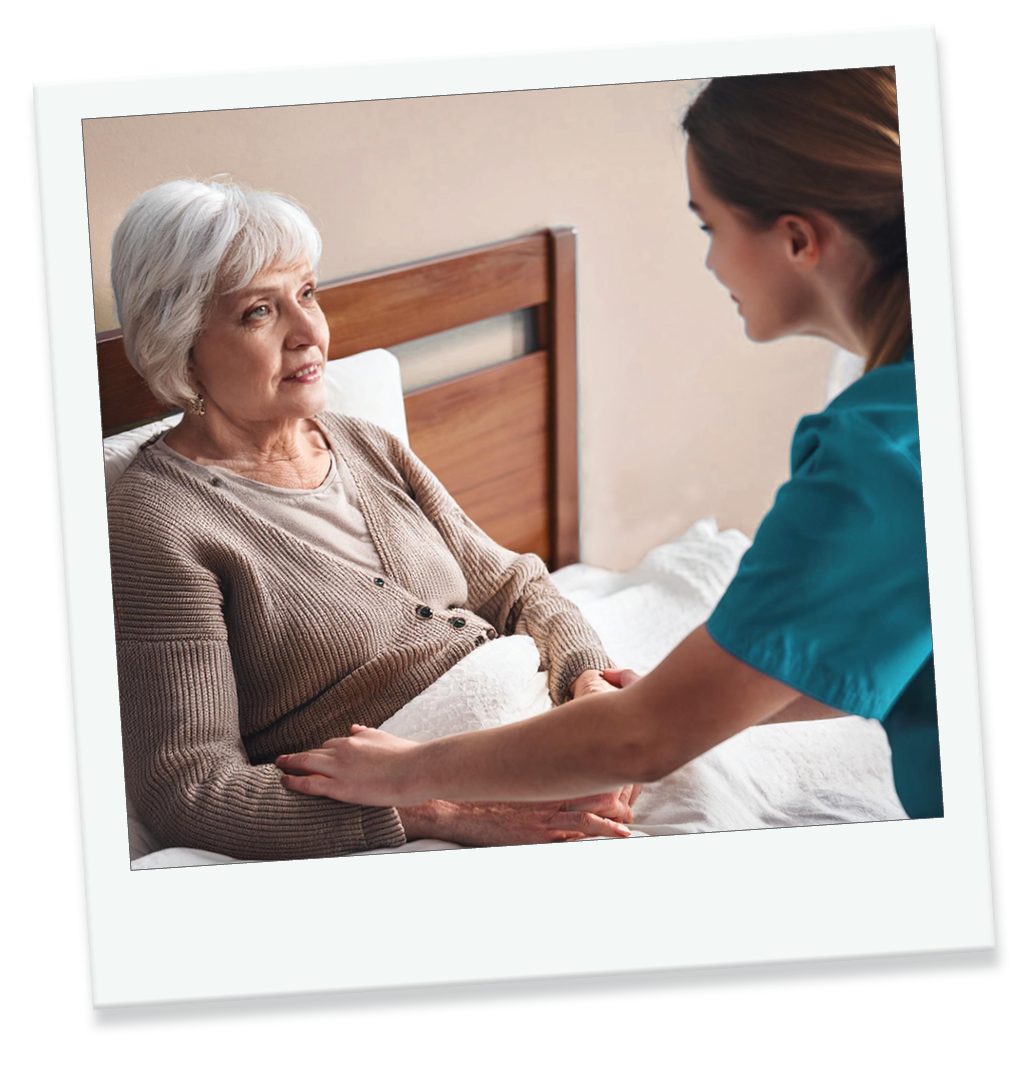Eating and End of Life
Food holds a central role in our culture. We use food to show we care. We nurture each other with it. Mealtime serves as a centerpiece for socializing and recreation. It’s a family time of sharing and love. It is meaningful in so many ways and associated with so many strong emotions.
It’s understandable that nourishment and hydration become the focus of much concern and attention when a patient is declining and no longer wants to eat or drink. All our experience leads us to want to encourage the patient to eat, and when they are no longer able to do so, to consider forcing fluids and nutrition through tubes and IVs.

Hospice care is about choice. When patients reject food and liquids, we respect their choice to do so. It is usually the right choice for him or her at that time. While food and water can contribute to a patient’s sense of well-being in the early stage of a serious illness, they can cause discomfort in later stages.
The inability to digest food and food substances during later stages of terminal illness can cause diarrhea, nausea, vomiting, constipation and impaction. This can result in increased pain and discomfort. The inability to absorb fluid can cause congestion, confusion, shortness of breath, nausea and vomiting, urinary retention, and swelling.
Ice chips, frequent mouth care, ointment for lips, hard candies, small sips of fluid, and lots of love and caring can be more comforting and appropriate at the end of life than forcing food and fluids. As their disease progresses, patients given the opportunity to choose when and what to eat and drink are able to avoid the physical discomfort that “force feeding” can cause.
As difficult as it may be, accepting the patient’s choice about food and hydration is important. It allows them to be in control of how they feel. They are also spared the emotional struggle with family members that can result in arguments about food. No one is made to feel guilty. Families can spend more time enjoying each other and making every moment count.
Please remember this: your loved one is not dying because he or she is not eating. They are not eating because they are dying.
For additional support, call: 877.445.5086
We create personalized plans of care. Care may look different for each patient.

